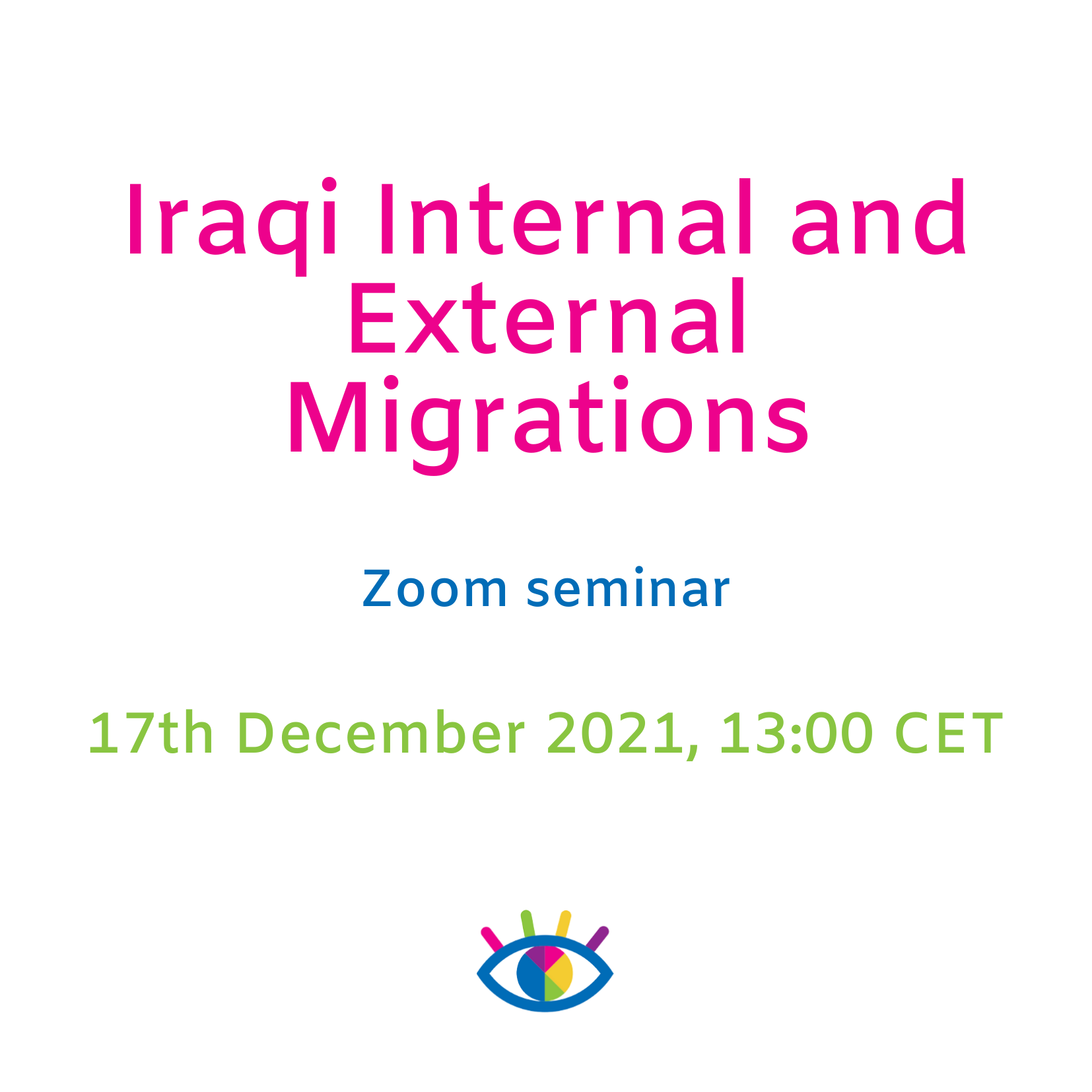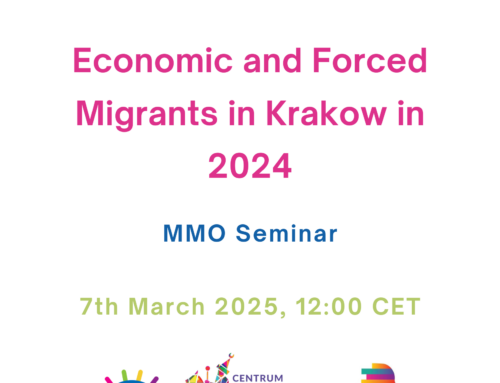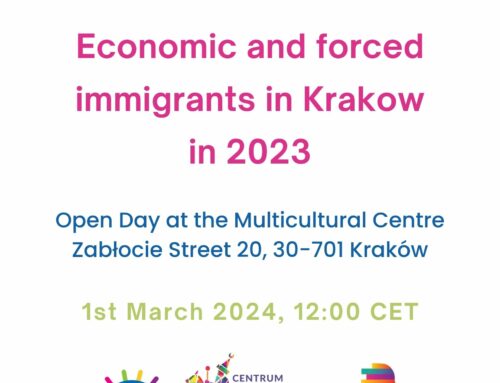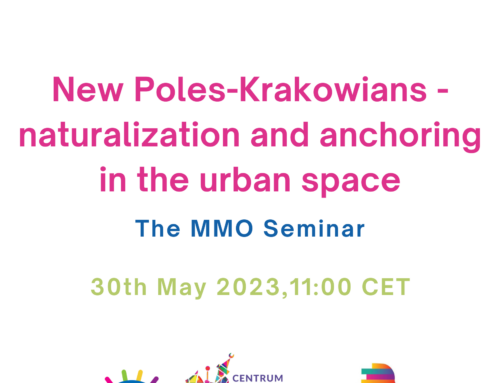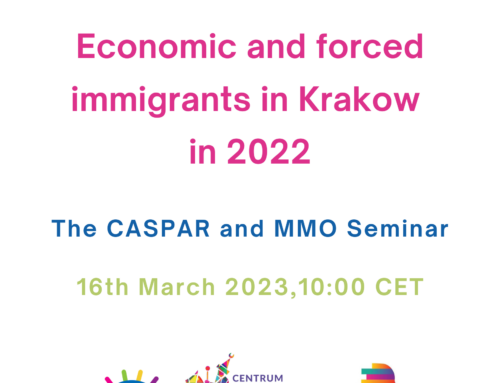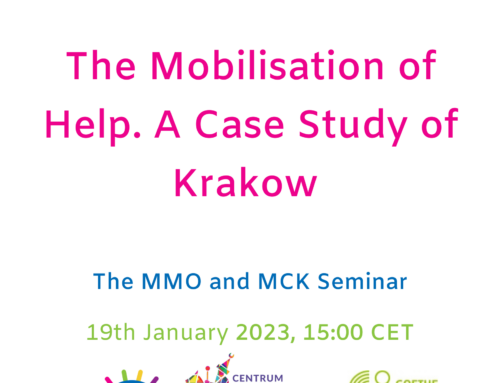We invite you to our next Zoom seminar. Basheer A. M. Saeed (University of Duhok) and Lanciné Eric Diop (Aalborg Universitet) will speak about Iraqi internal and external migrations. Meeting will be moderated by Konrad Pędziwiatr, Dobrosława Wiktor-Mach and Karolina Sobczak-Szelc.
Massive population displacements, both internally and internationally, have been consubstantial to the lived experience of Iraqis, mainly due to the war, civic unrest and attacks. This is especially the case for Kurds whose social and political persecution have shaped the development of the Kurdistan Region of Iraq (KR-I) since the 1980’s. This region is therefore a very interesting case to capture the complexity migration trajectories and temporalities. The main urban center of KR-I such as Duhoq represent on the one hand an economic attraction for other rural areas in the KR-I mainly affected by unemployment and a decline in farming productivity. On the other hand, the KR-I is perceived as a safe-haven, for Kurdish fearing or fleeing persecution, particularly for IDPs originated from Mosul and Baghdad. Furthermore, the geographical positioning of the KR-Is make the region a strategic stepping stone for further regular or irregular international migration towards Europe. Our research focuses on the dynamics from the point of view of the decision-making processes to migrate (either internally or internationally) or to stay in Duhok and Zakho. We thus explore motivations, aspirations and the role “urban neighborhood” in the migration chain, both with a local and international perspective, especially in relation to Europe as destination (perception and attractiveness of Europe). Our case study specifically focuses on Duhok and Zakho, which are the largest cities in Duhok province which is considered the trade gate between Iraq and Turkey.
Seminar will be held in English.
Join Zoom Meeting
Meeting ID: 899 4975 0471
Passcode: S3hK52
Passcode: S3hK52
The seminar is organized in the framework of the project FUME Future migration scenarios for Europe (Horizon 2020)”, funded by the Horizon 2020 Programme of the European Union.

